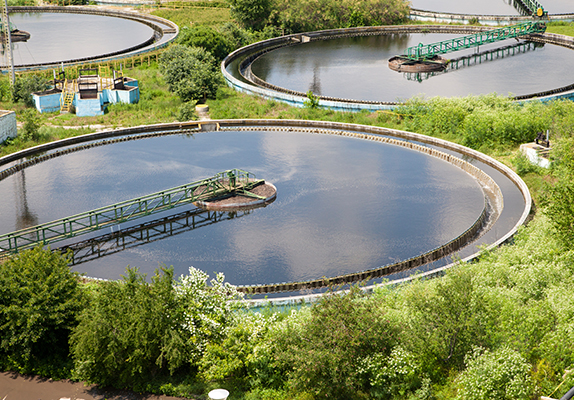Organic fertilizers imported from non-agricultural sources.

MOMENT OF INNOVATION..
INNOVATION STATUS.
Organic agricultural fertilization is generally derived from livestock effluents: manure, slurry, droppings ...
But they are not the only organic waste that can be exploited. Industries and cities are also generators of waste, who are just waiting to find a new use by returning to the land. We are talking here about sludge treatment plants, or waste from agribusiness or household compost. There are many ways to get these materials to the field.
The use of these products is however complex:
- Logistically, it requires an agreement with an external supplier. Communities can play this role, responding to a citizen's demand for more circularity in the economy. Industries are also asked to provide transportation or even spreading materials, but this can only result from an agreement between supplier and user.
- Sanitarily, the composition of waste is by definition as variable as their sources. The safety of the waste must be assessed before it is applied to arable land. This is called the principle of innocuousness.
- By law, the waste status of the material requires approval, or at least authorization
Non-agricultural organic wastes are vectors of strong territorial links, but require thinking that goes beyond the perimeter of farming. Hence the importance of involving a multitude of actors in these reflections.